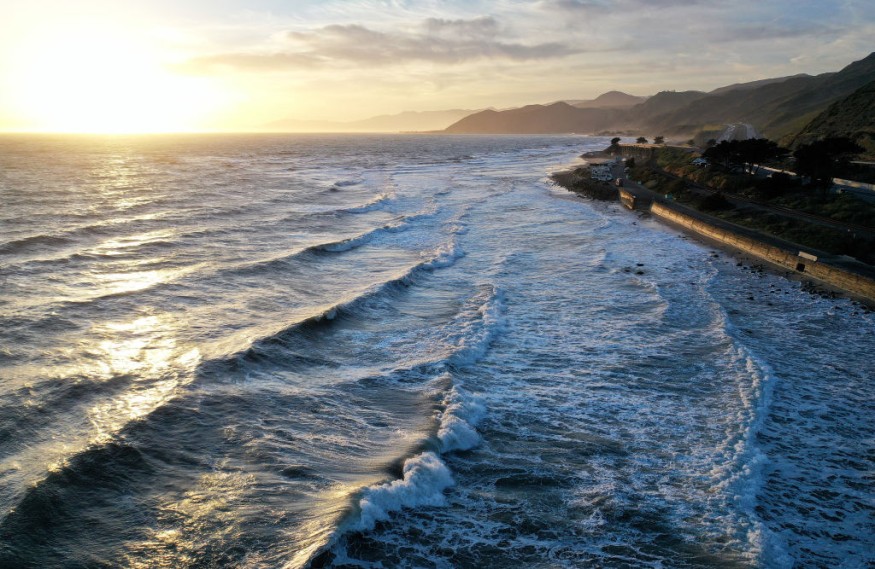Hurricanes are some of the strongest weather phenomenon and storm systems in the world, especially those developing over the world's major oceans, including the Atlantic Ocean and the Pacific Ocean.
Amid climate change, scientists in recent years have thought of controlling these forces of nature, specifically by weakening their intensity through intervention technology, which is far from developed.
Now, a new study led by researchers in the United States shows that such measure remains "futile" or is not enough even if it cools down oceans to weaken hurricanes.
The new research shows the benefits will be minimal. It suggests using intervention technology to weaken hurricanes before they make landfall is not an effective solution to mitigate natural disasters, especially amid the ongoing climate crisis.
Recent research this year forecasts that hurricane will worsen in terms of intensity and frequency due to global warming.
These massive storms could accumulate enough strength to bring heavy rain and unprecedented hurricane-force winds.
In the US, the onset of the 21st century saw catastrophic hurricanes like Hurricane Katrina in 2005, Hurricane Harvey in 2017, and Hurricane Ida in 2021.
Artificial Ocean Cooling

The new findings about the insignificant impact of artificial ocean cooling to hurricane weaken was published in the journal on Communications Earth & Environment on August 19.
Researchers from the University of Miami (UM) who led the study concluded that energy alone required for the intervention technology against hurricanes is not feasible in the long run.
The main result from the research says that massive amounts of artificially cooled water will only lead to "modest weakening in hurricane intensity prior to landfall, according to Phys.org.
The research team based their assertions using computer simulations.
Climate Crisis and Juggernaut Hurricanes
Because of global warming, global climate models forecast hurricanes in the future will likely produce more intense rainfall and cause stronger coastal flooding due to higher storm surge from rising sea levels, according to the National Aeronautics and Space Administration (NASA).
Hurricanes, called by different names like typhoons and cyclones, are being called by scientists as tropical cyclones since they are relatively large and continuously rotate compared to normal weather disturbances.
Scientists have long predicted that climate change would trigger extreme rainfall events, according to NASA.
Sea Surface Temperatures
Tom Knutson, a senior scientist at the National Oceanic and Atmospheric Administration (NOAA), stated even if hurricanes do not change due to the changing climate, flooding from storm surge events will still worsen due to sea level rise, as cited by the US space agency.
Warm sea surface temperatures are one of the ingredients for hurricane development.
With this, the NOAA suggested than an increase in Category 4 and Category 5 hurricanes will become common, as mentioned by the Center for Climate and Energy Solutions (C2ES).
In reference to the UM study, the conclusion made by the authors over attempts of artificial ocean cooling to weaken hurricanes could be due to one reason; global warming could still dominate sea surface temperatures.
Related Article: Study: Future Hurricanes May Impact Greater Portions of the Earth
© 2025 NatureWorldNews.com All rights reserved. Do not reproduce without permission.





